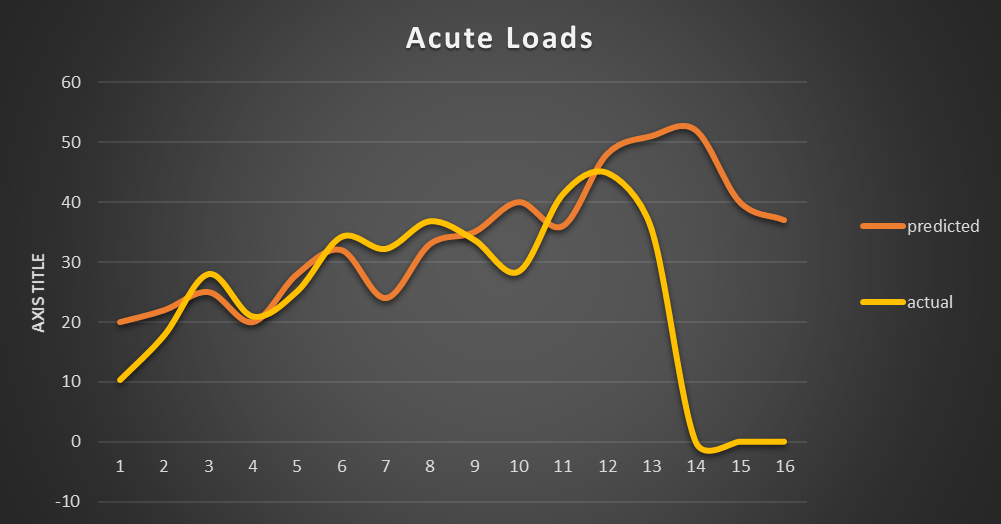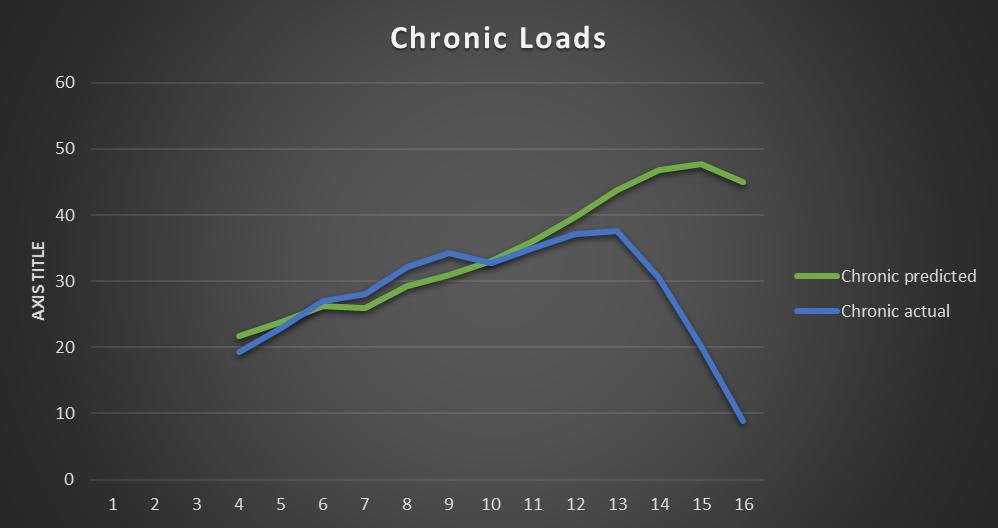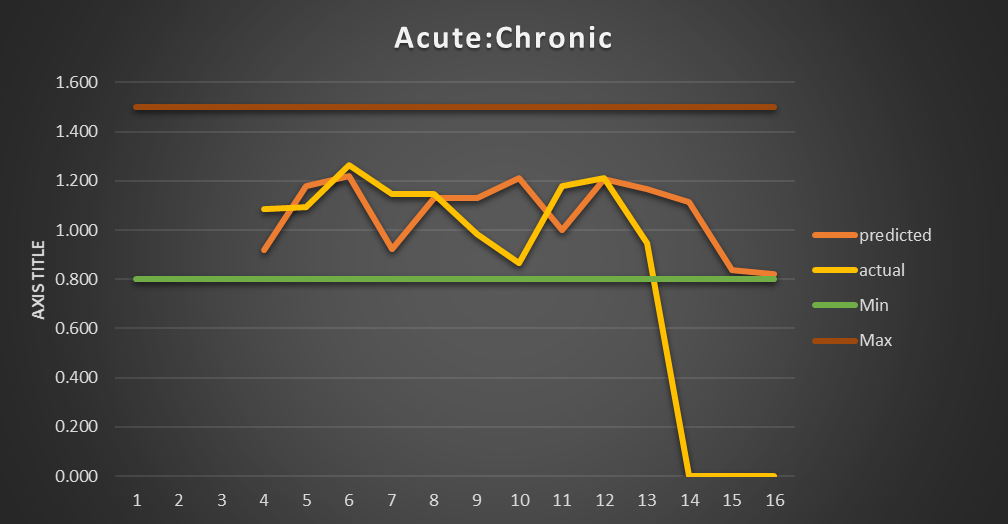By James Montgomery
RE: The training-injury prevention paradox: should athletes be training smarter and harder (Open access) Br J Sports Med doi:10.1136/bjsports-2015-095788
Dear Dr. Gabbett,
Thank you. Since reading your January 2016 article I can sincerely say I am running smarter and harder! You may ask ‘why did I decide to write a thank-you letter?’ Well there’s a story to that answer.
We (that is, my cobber and I) decided that we needed an adventure for 2016. As two dedicated fathers, the idea of a weekend run seemed as good a Father’s Day present as you’d ever get. We settled on one of NZ’s Great Walks – The Rakiura Track, Stewart Island, New Zealand.

Stewart Island had me sold on the idealistic idea of running 30km through dense and ancient NZ bush, along rugged and majestic coast lines and finishing with a fine plate of fresh caught Blue Cod. However, the reality was much more daunting. I hadn’t completed anything longer than 5 km for months and nothing longer than 20 km for years. How am I going to get fit enough in 14 weeks to run that far and still walk from the accommodation to the restaurant and back? As a mid-40’s recreational runner the prospect of sore hips, knees, and ankles are at an even balance compared to the picturesque beauty of NZ’s deep south.
Luckily, the chance to manifest the ‘acute:chronic workload ratio’ sweet spot was possible. And so, training commenced.
Rooted with the knowledge that under training and overtraining were real possibilities, I began the intriguing prospect of building a steady base without overloading (figure 1). I have been able to use details of your article to educate patients on load management and planning. But sometimes there is a need for experience, either in the clinic or in life, to help with the hard sell of change (figure 2). How many experienced runners train using volume + volume + volume until they break – any then keep running on anyway hoping it comes right? Sometimes convincing an old dog about new tricks requires some fundamental facts. Hence, I am using the acute: chronic loading ratio to evaluate the progress of my own training plan for this pending Rakiura 30km delight.
I have included a couple of graphs to illustrate progress so far, I am currently at week 13.


I’m not going to introduce an intensity variable here Tim as speed is not an issue – I don’t want to miss any photo opportunities by running too quickly! But I think using an RPE factor may be adequate for the future.
At week 8 it was too early to decide if I was near an overuse risk. At week 11 things were still on track. By week 13 I had two unplanned missed trainings but my data below indicates I’m in a training sweet spot (figure 3).

So, I say again – thank you Tim – I’m certainly running smarter and harder than before. There is a confidence in quantifying the process but now I’ll need to brush up on my exercise physiology because if this gets published the athletic trainers, strength and conditioning coaches and running coaches will be up in arms – where are the intervals, the Fartlek’s, the tempo’s and the recovery sessions? Maybe there’s an art to this smarter and harder stuff too?
Yours sincerely,
James Montgomery @gardensphysio
PS Don’t worry Tim, the recovery and strength work is being done too.
*********************
James Montgomery is the Director and Principal Physiotherapist at Gardens Physiotherapy, an independent musculoskeletal physiotherapy and sport medicine practice in Dunedin, New Zealand. James has worked in professional cricket for over six years, both nationally and internationally. He recently started his Masters in Sports Physiotherapy, is a keen recreational mountain runner and has two young daughters with a passion for the outdoors.
E-mail: james.physio@gardenshealth.co.nz